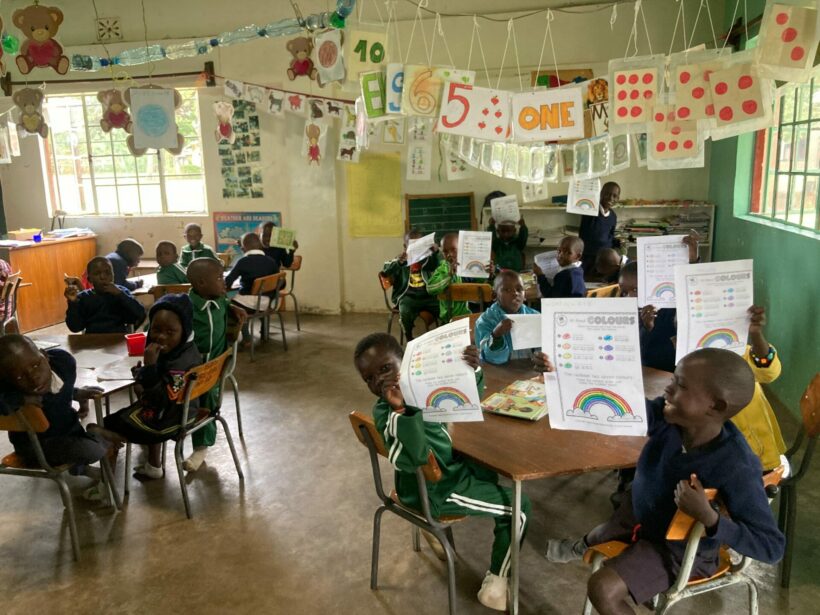Figures released by the Chilean Ministry of Education on school dropout rates for the year 2021 indicate that nearly 40,000 school-age children and young people abandoned their studies in the last year, 53% of whom are male and 46%, female. This number refers only to those who, having been in the system, did not enroll this year.
Many other students simply do not attend. Absenteeism is the main cause of deficits in learning content and developing socio-emotional skills. According to Fundación Presente, one in three students has chronic absenteeism, i.e., missing one month or more a year.
The three main causes of dropout and absenteeism are feeling or being assaulted by their peers (bullying) or devalued by one or more teachers, not having the conditions to attend classes (being caregivers of a family member, having to work, etc.) or lack of appreciation of education by the student and/or his or her family.
Let us remember that compulsory education was first contemplated in Chile in Law N° 3. 654 of 26th 1920, which established that “failure to comply with the obligations of parents or guardians with regard to school enrolment and attendance shall be punishable:
a) With a verbal warning;
b) With a fine of two to twenty pesos, or imprisonment of one to ten days, if after fifteen days following the warning, the law has still not been complied with;
and c) In the case of a repeat offence, with double the previous penalty, preceded by a warning given fifteen days beforehand”.
And it continued: “The same penalty indicated in the first paragraph of the preceding article shall be imposed on the director of a factory or workshop who accepts as workers minors under the age of sixteen who have not fulfilled their school obligations”.
The suspension of classes due to the COVID-19 pandemic has demonstrated that school plays a fundamental role in socialisation; learning to live in community and sharing with other children and young people. In another ambit, it was a good decision by the Ministry of Education to suspend the application of the SIMCE, which has ended up being an instrument of discrimination rather than a contribution to student learning.
Currently, basic and secondary education are compulsory, however, there is no public policy that makes parents and/or guardians, or the State, enforce the law by safeguarding the best interests of the child or young person. Therefore, no one effectively takes charge of school exclusion.
In the case of education, the popular proverb applies: “what is known is forgotten because it is kept quiet”. And to this we can add that the hegemonic, but mistaken, discourse these days is that education in Chile is of poor quality. There are problems, yes, but education is much more than performance in standardised tests.
Those of us who work in education have the challenge of revaluing, re-signifying and re-dignifying school as a place where people learn to live together and also learn subjects. In the best interests of children and young people, school should be valued as a place for coexistence and the well-being of educational communities.






